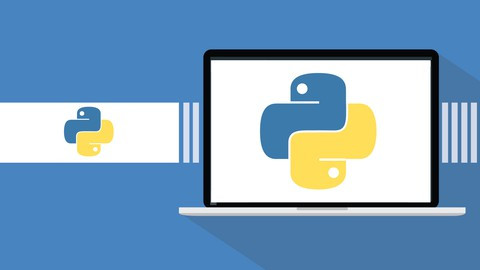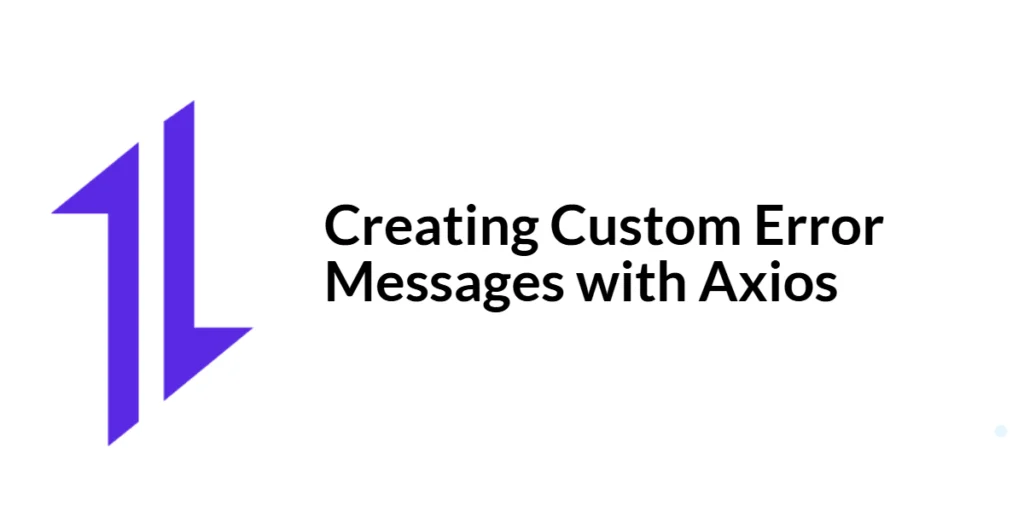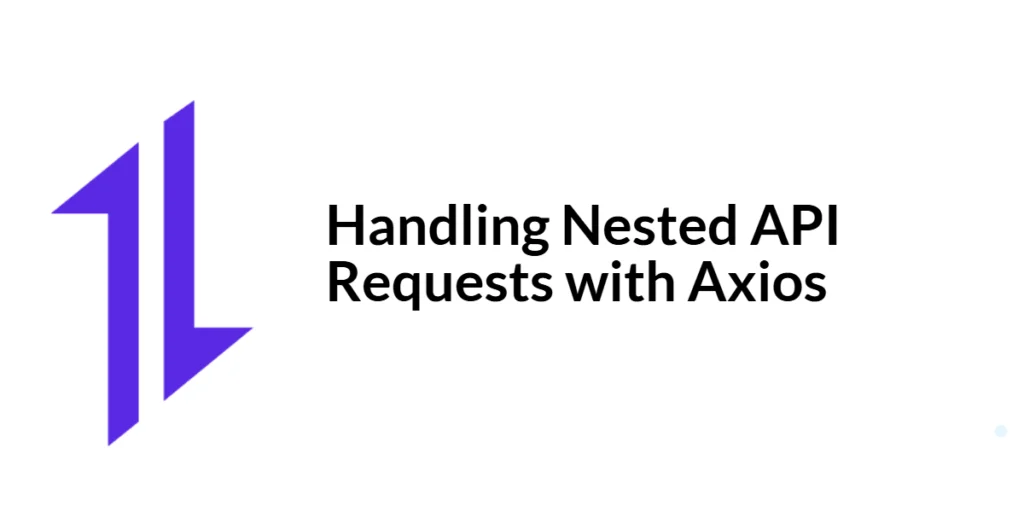Conditional statements are an integral part of programming, allowing us to control the flow of our code based on certain conditions. In the C programming language, these statements are essential for making decisions and creating flexible, interactive programs. In this article, we will delve into the world of C conditional statements, exploring the basics, nested if statements, and the if-else if ladder. By the end of this article, you’ll have a solid understanding of how to use these statements effectively to write more dynamic and responsive C programs.

with hands-on learning.
get the skills and confidence to land your next move.
The Basics of C Conditional Statements
Conditional statements in C are primarily used for decision-making. They allow you to execute specific blocks of code based on whether a given condition is true or false. The fundamental conditional statements in C include:
The if Statement
The if statement is the most basic form of conditional statement in C. It allows you to execute a block of code only if a specified condition evaluates to true. Here’s a simple example:
#include <stdio.h>
int main() {
int age = 25;
if (age >= 18) {
printf("You are eligible to vote!\n");
}
return 0;
}In this example, the code inside the curly braces will only execute if the age is greater than or equal to 18.
The if-else Statement
The if-else statement extends the functionality of the if statement by providing an alternative block of code to execute when the condition is false. Here’s an example:
#include <stdio.h>
int main() {
int num = 10;
if (num % 2 == 0) {
printf("The number is even.\n");
} else {
printf("The number is odd.\n");
}
return 0;
}In this case, depending on whether num is even or odd, the program will print the appropriate message.
Nesting if Statements
One of the powerful features of C conditional statements is their ability to be nested within one another. This allows you to create complex decision-making structures. When using nested if statements, it’s crucial to maintain proper indentation to improve code readability. Here’s an example:
#include <stdio.h>
int main() {
int x = 5;
int y = 10;
if (x > 0) {
if (y > 0) {
printf("Both x and y are positive.\n");
} else {
printf("x is positive, but y is not.\n");
}
} else {
printf("x is not positive.\n");
}
return 0;
}In this example, the code inside the inner if statement is executed only if both x and y are positive.
The if-else if Ladder
The if-else if ladder is a construct used when you have multiple conditions to check in a specific order. It’s an elegant way to handle a series of related conditions without resorting to multiple if statements. Here’s an example:
#include <stdio.h>
int main() {
int score = 85;
if (score >= 90) {
printf("You got an A!\n");
} else if (score >= 80) {
printf("You got a B!\n");
} else if (score >= 70) {
printf("You got a C!\n");
} else if (score >= 60) {
printf("You got a D!\n");
} else {
printf("You got an F. Study harder!\n");
}
return 0;
}In this example, the program will check each condition in order and execute the block of code associated with the first true condition.
The “switch” Statement
The “switch” statement provides a convenient way to select one of many code blocks to execute based on the value of a variable or an expression. Its syntax looks like this:
switch (expression) {
case value1:
// Code to execute if expression equals value1
break;
case value2:
// Code to execute if expression equals value2
break;
// ... More cases ...
default:
// Code to execute if expression does not match any case
}Here’s a practical example that uses the “switch” statement to determine the day of the week based on a user’s input:
#include <stdio.h>
int main() {
int day;
printf("Enter a number (1-7): ");
scanf("%d", &day);
switch (day) {
case 1:
printf("Sunday\n");
break;
case 2:
printf("Monday\n");
break;
case 3:
printf("Tuesday\n");
break;
case 4:
printf("Wednesday\n");
break;
case 5:
printf("Thursday\n");
break;
case 6:
printf("Friday\n");
break;
case 7:
printf("Saturday\n");
break;
default:
printf("Invalid input\n");
}
return 0;
}In this example, the “switch” statement evaluates the value of day and prints the corresponding day of the week.
The Ternary Operator
The ternary operator, often referred to as the conditional operator, is a concise way to express conditional statements in a single line. It’s especially useful when you need to assign a value to a variable based on a condition.
result = (condition) ? value_if_true : value_if_false;Here’s a practical example:
#include <stdio.h>
int main() {
int num1 = 10;
int num2 = 20;
int max = (num1 > num2) ? num1 : num2;
printf("The maximum number is %d\n", max);
return 0;
}In this example, the ternary operator is used to determine the maximum of num1 and num2 and assign it to the max variable.
Combining Conditional Statements
To create more complex logic in your programs, you can combine multiple conditional statements using logical operators such as “&&” (logical AND) and “||” (logical OR). This allows you to handle a wide range of scenarios.
Here’s an example that checks if a number is both positive and even:
#include <stdio.h>
int main() {
int number;
printf("Enter a number: ");
scanf("%d", &number);
if (number > 0 && number % 2 == 0) {
printf("The number is positive and even.\n");
} else {
printf("The number does not meet the criteria.\n");
}
return 0;
}In this program, the condition number > 0 && number % 2 == 0 ensures that the number is both positive and even for the message to be displayed.
Real-World Applications of Conditional Statements
Conditional statements are used extensively in real-world programming scenarios. Here are some examples:
- User Input Validation: Conditional statements are used to validate user input in applications, ensuring that it meets specific criteria or constraints.
- Control Flow: They control the flow of your program, allowing you to respond to different situations dynamically.
- Error Handling: Conditional statements help identify and handle errors or exceptional cases in your code.
- Game Development: In game development, conditional statements determine the behavior of characters, game elements, and game logic based on various game states.
- Web Development: They are used in web applications to route users to different pages or display content based on their interactions.
Conclusion
Conditional statements are indispensable tools for controlling the flow of your C programs. Whether you’re making simple decisions with “if-else” or handling multiple cases with the “switch” statement, understanding these constructs is essential for writing efficient and readable code. Additionally, the ternary operator offers a compact way to express simple conditions. With this knowledge, you are well-equipped to make informed decisions in your C programming endeavors.
Related Articles:
I hope you found this article informative and useful. If you would like to receive more content, please consider subscribing to our newsletter.






